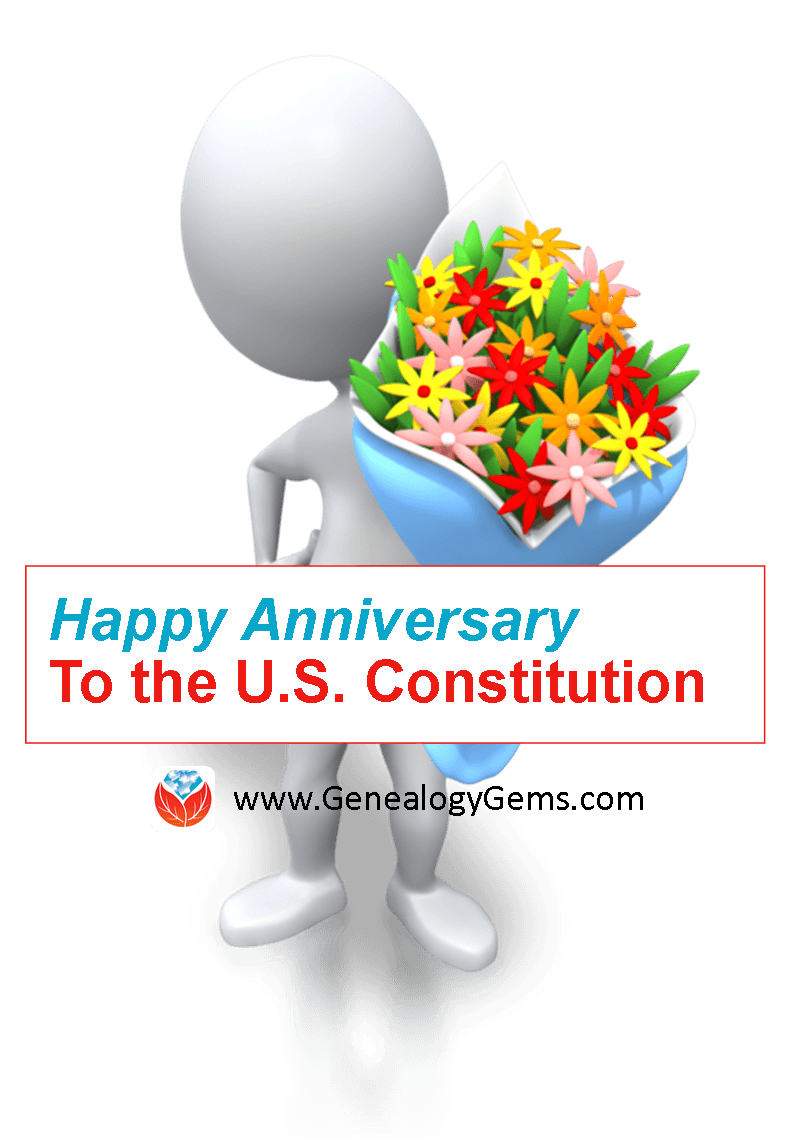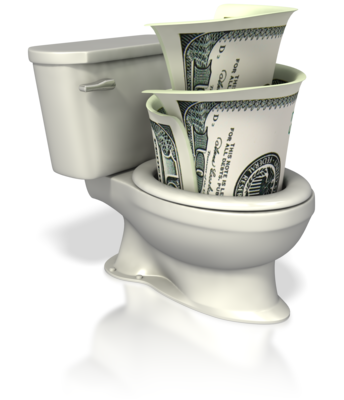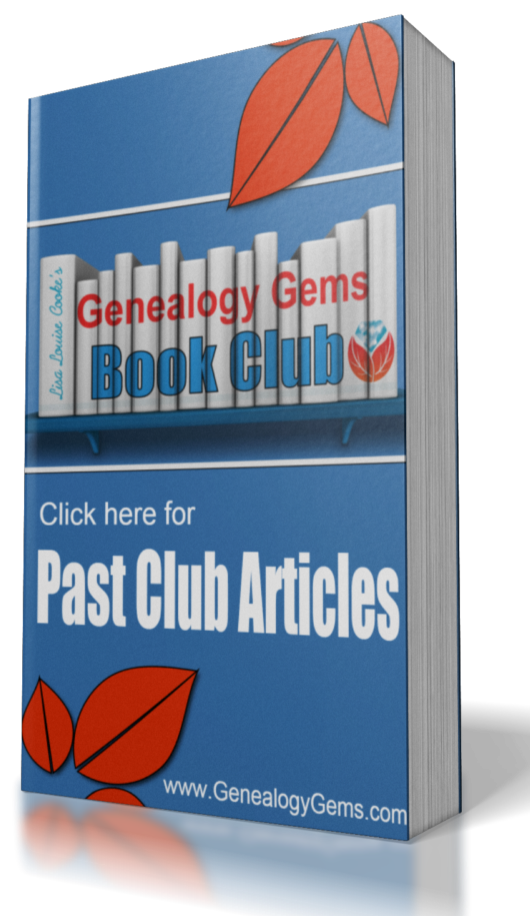by Lisa Cooke | Dec 4, 2013 | 01 What's New, Digital Archives
Over million in grants has been awarded by the National Archives (U.S.) to digitize important historical documents. Here’s how the  awards break down:
awards break down:
- $1.1 million to “nine publishing projects from the U.S. Colonial and Early National Period, including the papers of Benjamin Franklin, George Washington, John Adams, Thomas Jefferson, James Madison, Dolley Madison, and John Jay. Projects to record the Documentary History of the Ratification of the U.S. Constitution and the Documentary History of the First Federal Congress also received funding”
- Nearly $700,000 to “State and National Archives Partnership (SNAP) grants to enable 28 state historical records advisory boards to carry out their mission to support archival education and strengthen the nation’s archival network;”
- Over $500,000 to 7 projects to “digitize World War II Oral History files; the papers of Leo Szilard, the nuclear physicist; the papers of General Oliver Otis Howard, Civil War general, Commissioner of the Freedman’s Bureau, and third president of Howard University; Historical Collective Bargaining Agreements from the 1880s through the 1980s; the Center for Jewish History’s American Soviet Jewry Movement collections; Early Connecticut manuscripts; and 19th century trademark files in the California Archives, including the original trademarks and specimens from Levi Strauss & Co. jeans, 19th century medicines and tonics, and the original trademark registered to Anheuser Busch for its Budweiser lager.”
As you can see, there’s a lot in there to appeal to family historians. Maybe not so much the Levi Strauss and Budweiser artifacts, but I could see many of us being interested in the World War II oral history files; the papers of the Freedman’s Bureau Commissioner; the Center for Jewish History’s files; those early Connecticut manuscripts and more.
The National Archives’ press release doesn’t say where these digitized files will end up. But I’m guessing at least some will eventually be made available on Founders Online, an award-winning database on the papers of “America’s Founders.”
by Lisa Cooke | Feb 13, 2019 | 01 What's New, Military |
Our Military Minutes Man Michael Strauss revisits the first subject he covered with us on the Genealogy Gems Podcast: Draft Registrations for both World War I and World War II. Since that first segment aired several listeners have had questions and sent in comments...
by Lisa Cooke | Sep 17, 2015 | 01 What's New, History, images, United States, YouTube
 Today is Constitution Day: the 228th anniversary of the signing of the U.S. Constitution. The National Archives is celebrating with free programs and a special Family Day.
Today is Constitution Day: the 228th anniversary of the signing of the U.S. Constitution. The National Archives is celebrating with free programs and a special Family Day.
Most of us won’t be able to attend in person, but the National Archives will be webcasting several of its free public programs live on the National Archives YouTube Channel. These include:
Our Lost Constitution: The Willful Subversion of America’s Founding Document. Thursday, September 17, 12 pm. “Senator Mike Lee (R-UT) tells dramatic, little-known stories behind six of the Constitution’s most indispensable provisions and explains why some of today’s issues are the direct result of how the courts, Congress, and the executive branch have minimized or ignored them. A book signing will follow the program.”
The Young Madisons: Why a New Generation Is Standing Up for the Constitution. Thursday, September 17, 7 pm. “A rising generation of civic leaders, shaped by the digital revolution, is reaffirming its commitment to the rights-based principles of the U.S. Constitution. The ninth annual State of the Constitution Lecture at the National Archives…focuses on the voices of young leaders in the spheres of policy, governance, and citizen engagement who are shaping America’s future as a constitutional democracy.”
The Constitution: An Introduction. Wednesday, September 30, 12 pm. “Practically every aspect of American life is shaped by the Constitution….Yet most of us know surprisingly little about the Constitution itself. In his book The Constitution, professor Michael S. Paulsen, one of the nation’s leading scholars of constitutional interpretation, has written a lively introduction to the supreme law of the United States, covering the Constitution’s history and meaning in clear, accessible terms, and provides us with the tools to think critically and independently about constitutional issues.”
More on the U.S. Constitution from the National Archives:
Will you be in town that day? Here’s what you should know:
- The original U.S. Constitution is on permanent display in the National Archives. Museum hours are 11:30 a.m. to 5:30 p.m. due to a morning naturalization ceremony (which is not open to the public).
- Programs will be held in the William G. McGowan Theater, unless otherwise noted. Attendees should use the Special Events entrance on Constitution Avenue at 7th Street, NW. Metro accessible on the Yellow and Green lines, Archives/Navy Memorial/Penn Quarter station.
- FAMILY DAY: Between 1-4 pm in the Boeing Learning center there will be special hands-on activities for families and children.
- Advance registration is required for the free program “The Young Madisons.”
More Resources
 Sometimes we recommend resources available through ShopFamilyTree, Amazon and other affiliates. If you decide to purchase these, thank you for using our links which supports the free Genealogy Gems blog and podcast!
Sometimes we recommend resources available through ShopFamilyTree, Amazon and other affiliates. If you decide to purchase these, thank you for using our links which supports the free Genealogy Gems blog and podcast!
by Lisa Cooke | Apr 9, 2013 | 01 What's New, NARA, Records & databases, Research Skills
Beware: Personal Opinions are coming your way in this article!
In my book The Genealogist’s Google Toolbox I emphasize how to use Google to determine what is already available and free online before investing your limited time and money in offline family history searching. Smart genealogists allocate their resources wisely, getting the most bang for their buck. And collaboration between individual genealogists allows us to accomplish even more.
 It looks like the U.S. Federal Government could learn a thing or two from savvy genealogists. The Washington Times is reporting that Congress’s auditor has discovered that our tax payer money given to the federal government isn’t being spent very wisely. (Imagine that!) Agencies fail to collaborate and share information, creating redundancy and overspending.
It looks like the U.S. Federal Government could learn a thing or two from savvy genealogists. The Washington Times is reporting that Congress’s auditor has discovered that our tax payer money given to the federal government isn’t being spent very wisely. (Imagine that!) Agencies fail to collaborate and share information, creating redundancy and overspending.
One example from the article: the Commerce Department “has been charging other government agencies millions of dollars for reports that the other agencies could just as easily have gotten online, for free – often with a Google search.”
This news makes it even harder to swallow the news that the National Archives and Records Administration (NARA) is suffering reduced hours of service due to budgetary issues.
The Bottom Line:
Google Twice, Pay Once (and only if you have to!)
 awards break down:
awards break down:



